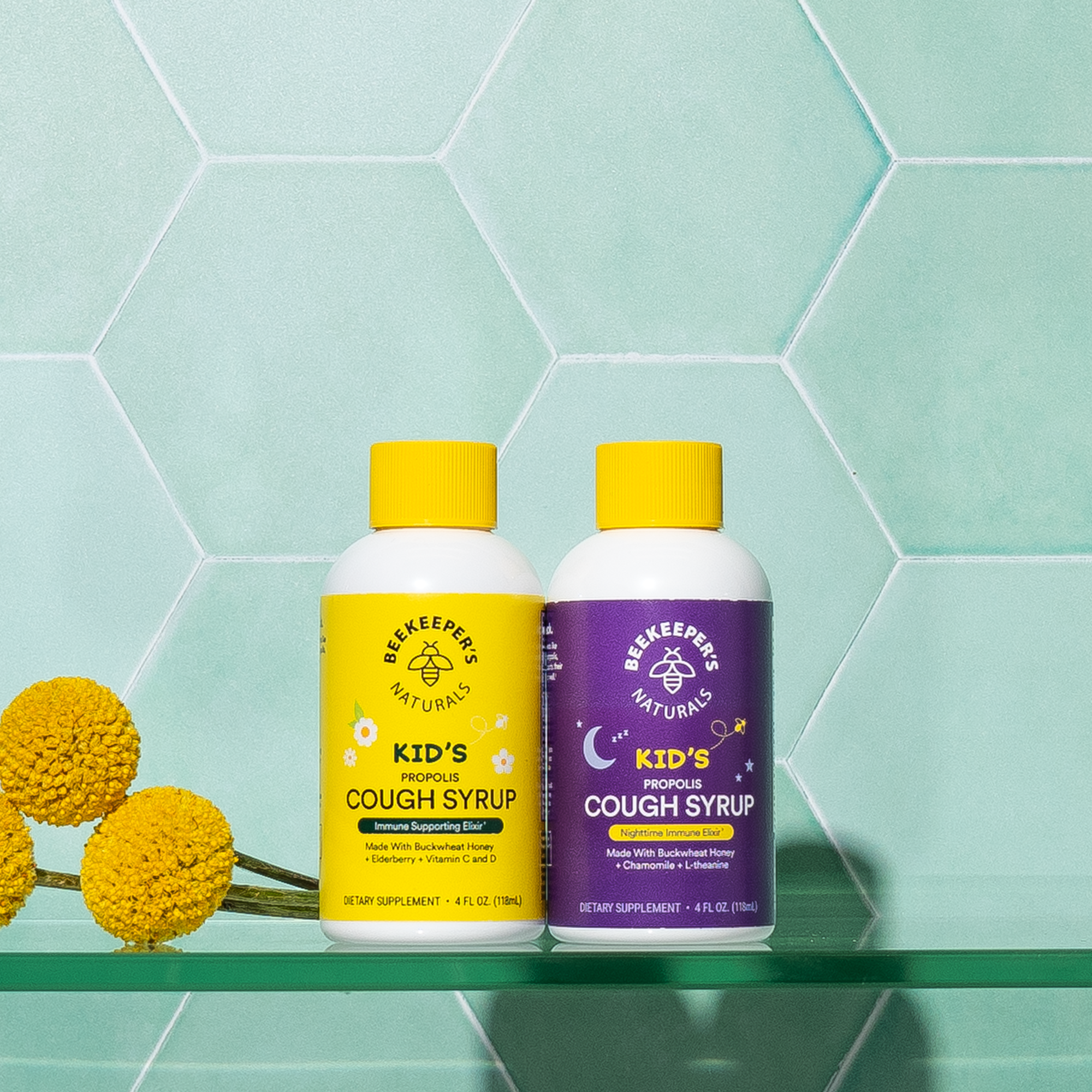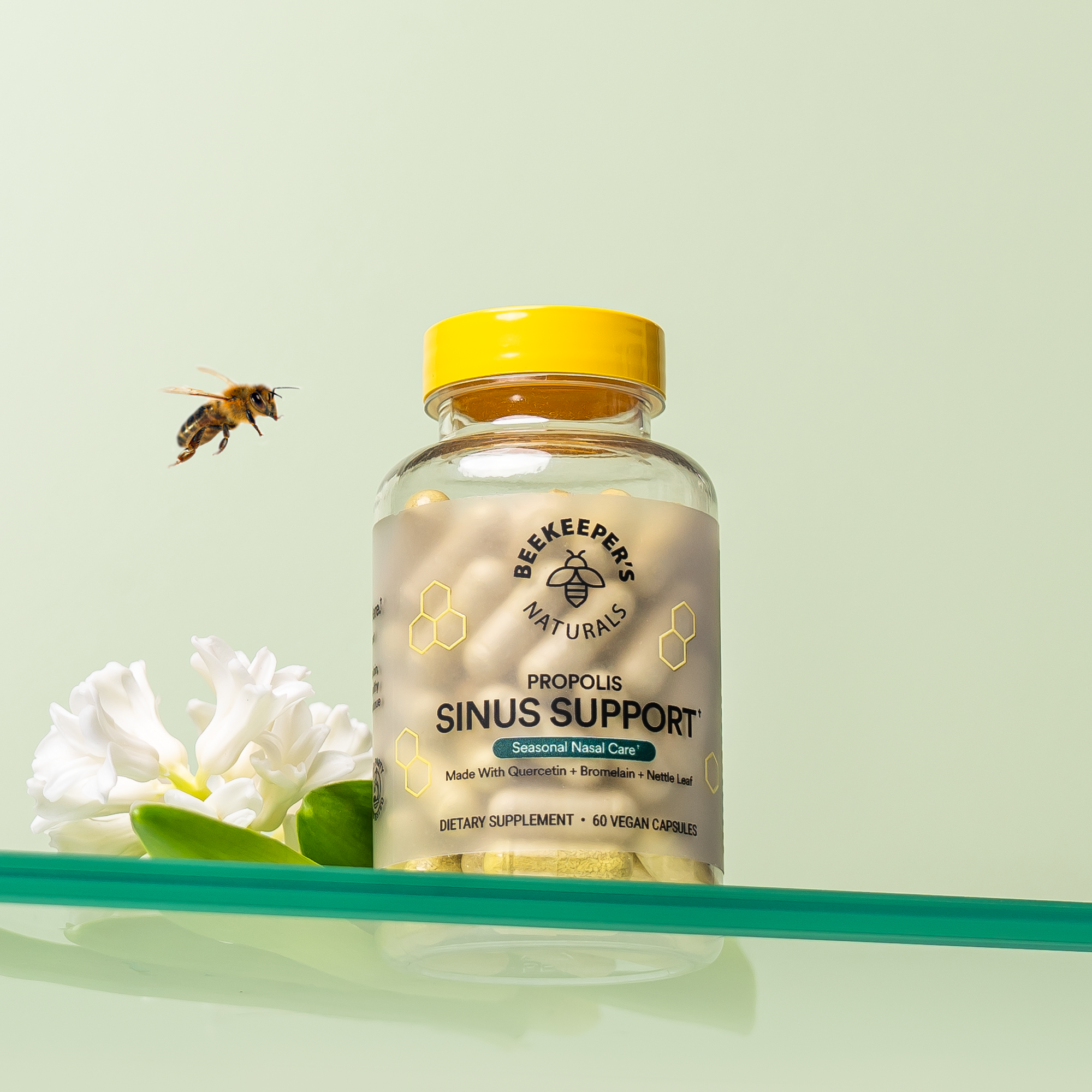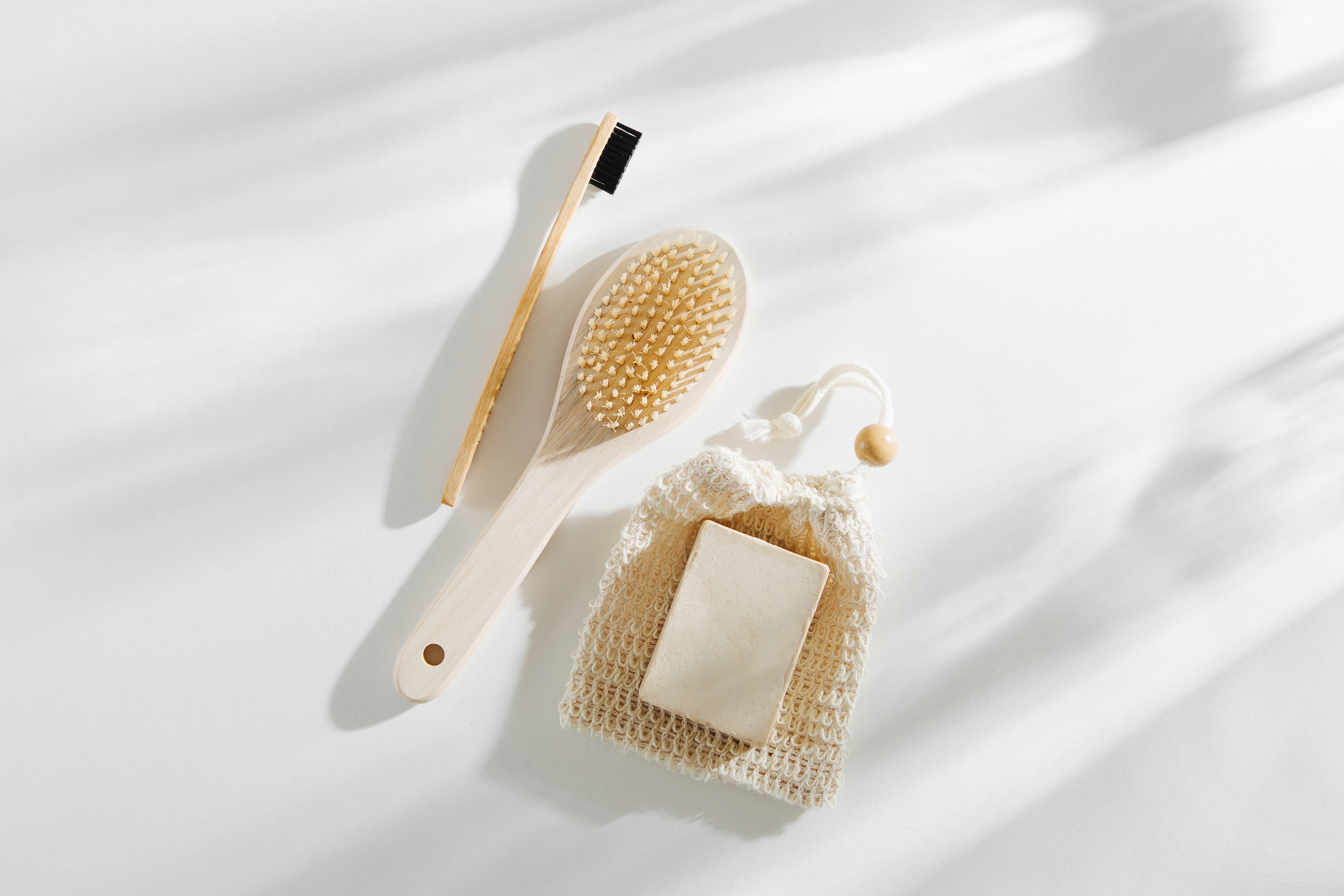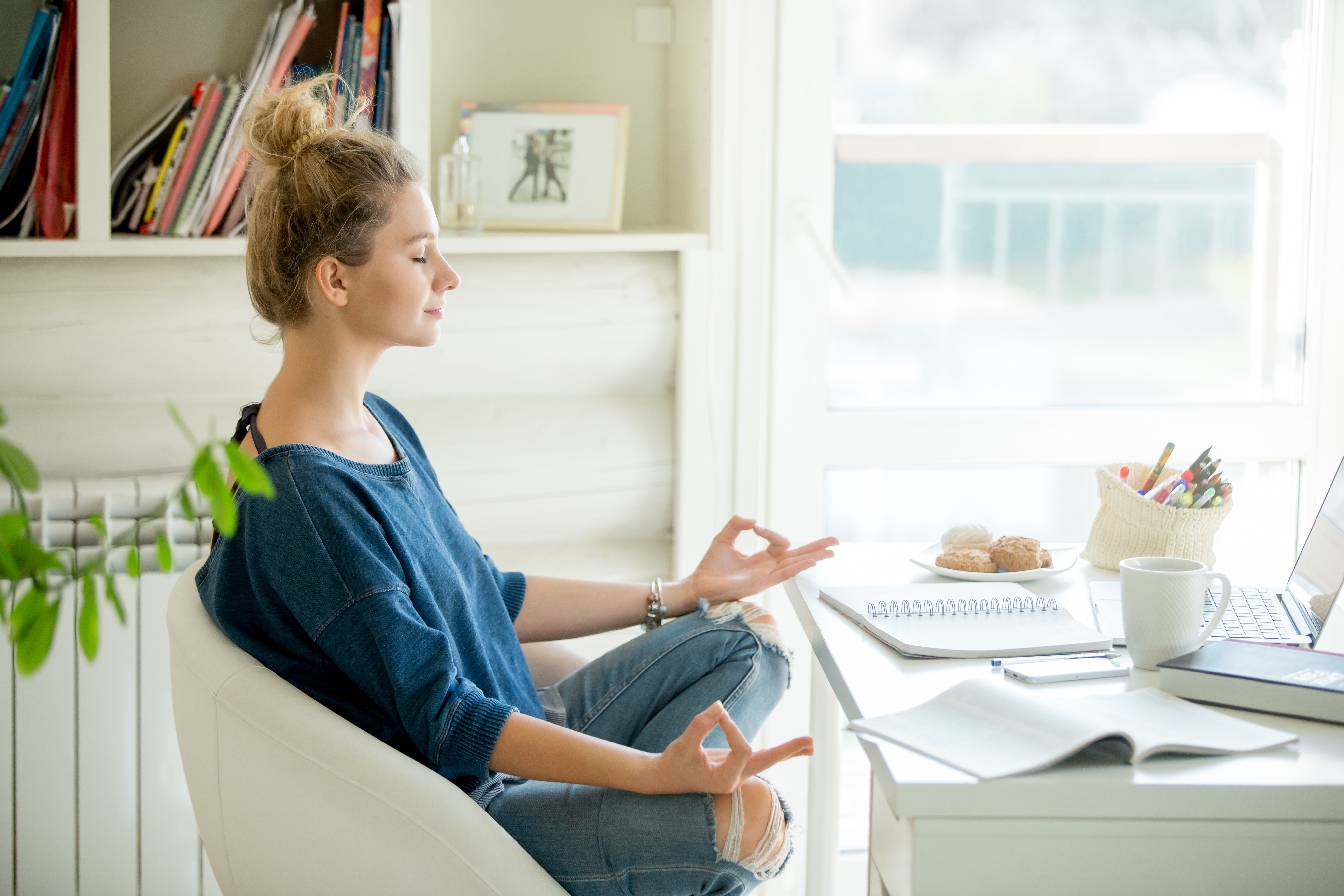LIVE BETTER is a guest series on healthy living by Dr. Krista Lowe, ND.
How have you been coping with your mental health during this pandemic? Along with the worry and uncertainty that every country is facing at this time, the feelings of loneliness, fear, of being trapped, and lack of control are words that I’ve heard being tossed around. I know that I’ve also been struggling with feeling unmotivated and stressed out. Stress levels are high right now and although it’s situational, the causes of everyone’s stress is different. Maybe you are a parent trying to work from home while keeping your kids entertained, or maybe you are worried about the health status of a loved one. Know that you are not alone. With that being said, I have put together a list of habits you can use to help yourself cope.
1. Create a new routine.
Set your alarm and build yourself a routine. Your routine can be as regimented as you’d like, so be real with yourself. Create a sense of control by giving yourself regular tasks, developing a schedule, and working on unfinished projects. I know I’ve enjoyed waking up to enjoy my morning coffee, followed by an at-home workout, and then tackling whatever project I’m working on (I can proudly say that after many years of wanting a garden, I finished planting seeds yesterday!).
Incorporating movement into your day is so helpful in releasing built-up energy. Your daily movement doesn’t have to be intense if you are feeling depleted. Even streaming an online yoga flow or going for a walk outside can help your brain better cope with stress.

2. Make boundaries with your phone.
Studies show that even two hours a day have a negative impact on our mental well-being, especially in adolescents. (This definitely depends on what you are using your screen for!) Using your phone to stay connected with family and friends over FaceTime will impact you differently than using your phone to obsess over the news or, like myself, mindlessly scrolling through social media. Try and be mindful when using your phone or set limitations through the “screen time” function.
3. Stay updated (but don’t let it consume your day).
It’s important to stay informed with what is going on in the world, however, be sure to check-in with yourself and notice how you're feeling when you listen to the news. Take a step back if you start to feel anxious or have a deep sense of fear.
4. Stay connected with loved ones.
I’m not sure if you’ve come across the quote “social distancing doesn’t mean social isolation”, but it couldn’t be more true at a time like this. Take advantage of technology and apps like FaceTime, Zoom, or Houseparty. Feeling isolated can contribute to feelings of depression and anxiety, so join a live fitness/yoga class, plan an online dinner date with a friend or even a movie night through Netflix Party!
5. Eat well and sleep well!
Being cooped up at home means that it's easier to spend the day snacking on sweet treats or pouring yourself a glass of wine. However, a high sugar diet can have a negative impact on how your brain responds to stress and using alcohol as a means to dampen your anxiety can add to increased anxiety. Be mindful as to why you are pouring yourself a drink or why you are craving sweets. Allowing yourself to indulge in something you are craving is completely fine, however using it as something to numb your stress isn’t the best stress management tool.

6. Do something everyday that supports your mental health.
It could be anything, whether you consider starting a meditation practice or trying out a cold dip in the ocean (depending on where you live). Or, simply be curious and sit with your feelings of loneliness. Try and understand yourself and notice what comes up when you spend time with just yourself. Write those feelings down or reach out to a close friend and share. Sometimes it can be easier to distract ourselves through mundane day-to-day tasks versus understanding ourselves and why we feel a loss in identity when we’ve removed the external factors that make you “you”.
7. Keep a positive perspective.
I know that this is easier said than done, but subtle shifts in your perspective can help change your state of mind. Try writing out a list of things you’re grateful for and know that you’re helping save lives by social distancing. Notice how your community is coming together through supporting those who are more vulnerable, or by cheering on healthcare workers. Notice how your priorities have changed. Lastly, learn from this experience and be ready to hold onto what you’ve learned for when things go back to normal.
8. Ask for help!
Your mental health matters and there are people who would love to help you if you need the support. Most practitioners are working online through telehealth right now, so reach out to them if you need someone to talk to!
References:
Anderson, E., & Shivakumar, G. (2013). Effects of exercise and physical activity on anxiety. Frontiers in psychiatry, 4, 27. https://doi.org/10.3389/fpsyt.2013.00027
Chen, K. W., Berger, C. C., Manheimer, E., Forde, D., Magidson, J., Dachman, L., & Lejuez, C. W. (2012). Meditative therapies for reducing anxiety: a systematic review and meta-analysis of randomized controlled trials. Depression and anxiety, 29(7), 545–562. https://doi.org/10.1002/da.21964
Han, R. T., Kim, Y. B., Park, E. H., Kim, J. Y., Ryu, C., Kim, H. Y., Lee, J., Pahk, K., Shanyu, C., Kim, H., Back, S. K., Kim, H. J., Kim, Y. I., & Na, H. S. (2018). Long-Term Isolation Elicits Depression and Anxiety-Related Behaviors by Reducing Oxytocin-Induced GABAergic Transmission in Central Amygdala. Frontiers in molecular neuroscience, 11, 246. https://doi.org/10.3389/fnmol.2018.00246
Gorka, S. M., & Phan, K. L. (2017). Impact of anxiety symptoms and problematic alcohol use on error-related brain activity. International journal of psychophysiology : official journal of the International Organization of Psychophysiology, 118, 32–39. https://doi.org/10.1016/j.ijpsycho.2017.05.011
Jedema, et al. (2008) Chronic cold exposure increases RGS7 expression and decreases alpha(2)-autoreceptor-mediated inhibition of noradrenergic locus coeruleus neurons. Eur J Neurosci. 27(9), 2433-43.
Maniam, J., Antoniadis, C. P., Youngson, N. A., Sinha, J. K., & Morris, M. J. (2016). Sugar Consumption Produces Effects Similar to Early Life Stress Exposure on Hippocampal Markers of Neurogenesis and Stress Response. Frontiers in molecular neuroscience, 8, 86. https://doi.org/10.3389/fnmol.2015.00086
Twenge, J. M., & Campbell, W. K. (2018). Associations between screen time and lower psychological well-being among children and adolescents: Evidence from a population-based study. Preventive medicine reports, 12, 271–283. https://doi.org/10.1016/j.pmedr.2018.10.003
About the Author:
Dr. Krista Lowe is a good friend of BKN founder Carly Stein and a BKN ambassador. She is an expert in health and wellness, and is a naturopathic physician practicing out of Tall Tree Health in Victoria, BC. You can find her on Instagram @natmedicine.





